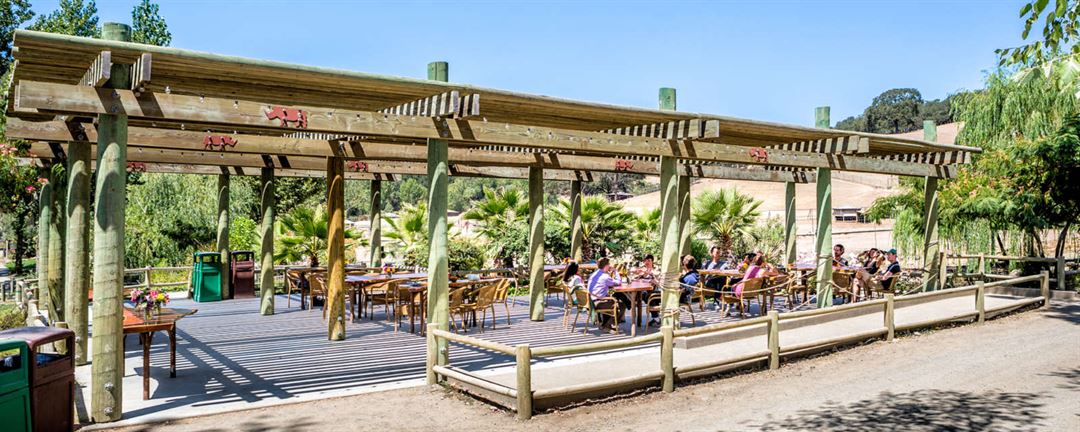

Ultrasounds later confirmed a calf in the making. Handlers already had been monitoring Eesha’s hormone levels to try to understand her reproductive cycles and saw changes last year that indicated pregnancy, Smith said. His arrival marked a notable change in vibe of the rhino enclosure, where the introduced pair shortly engaged in the assertive behavior typical of courtship, including breeding attempts. He had sired several offspring elsewhere. Then came Ongava, now 25, in June 2021 as part of a recommended match from the Association of Zoos and Aquariums’ white Rhino Species Survival Plan. “We spent a lot of time trying to get them in the mood,” Smith said, but neither one proved more than a platonic companion to Eesha. Another male, Waldie, later joined the small crash - part of the normal trade of animals between zoos and wildlife facilities to try to improve health and reproductive success among animals. She came paired with a young male named Mufasa, on a breeding loan, said animal collections curator Nikki Smith. “White” comes from the Afrikaan’s word for “weit,” or wide, which refers to the animal’s wide, squarish mouth, evolved perfectly for grazing down large swathes of grass.Įesha’s journey to parenthood is part of plan to contribute to the population that started with her arrival in 2008 as a 4-year-old. Though called “white” they are actually dusty gray. About 16,000 individuals are believed to exist in the world. They’re also a struggling species - the target of international conservation efforts, in which Safari West hopes to play a part.Įesha is a southern white rhinoceros, listed as “near threatened” on the International Union for the Conservation of Nature’s Red List of Threatened Species.

It’s not just because baby rhinos - with their smooth noses, expressive ears and puppy-like antics - are cute as all get-out. The folks at Safari West, a 400-acre African wildlife preserve outside Santa Rosa, are joyously awaiting the birth of a baby southern white rhinoceros, a calf who could arrive within days or weeks, requiring extremely close monitoring of mom-to-be Eesha. Rhino baby coming to Safari West in Santa Rosa


 0 kommentar(er)
0 kommentar(er)
